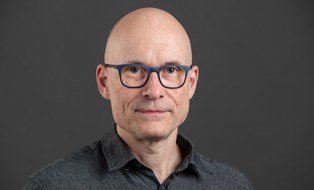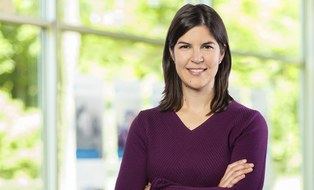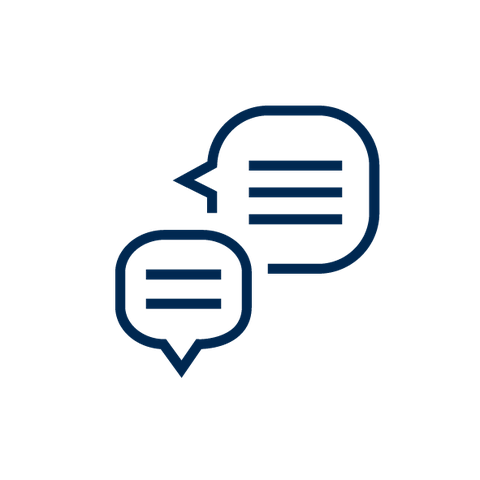Network Promoting Language competencies in Academic Studies
Table of contents
Who we are and what our concern is:
The network "Sprach(en)kompetenzen im Studium fördern" was founded by Michael Dobstadt (Professorship for German as a Foreign Language), Nina Melching (Project Writing Center@TUD) and Monika Ruszó (Teaching Center for Languages and Cultures); and thus by actors who have been dealing with the topic "Language(s) in Studies" from different professional perspectives for many years. For example, the Writing Center has been supporting teaching on the topic of scientific writing and scientific language for several years with workshops and writing advice integrated into courses. In its courses, the Teaching Center Languages and Cultures familiarizes students with German as a language of science in all its facets. In the courses of the DaF professorship, language awareness and language reflection are trained; and students are sensitized to the multi-layered connection between form and meaning as a central point of reference for contemporary language teaching.
The starting point of our initiative is a series of observations:
- Students' linguistic prerequisites have become more heterogeneous. The hurdles for acquiring the general, scientific, and technical language skills needed to comprehend and process complex specialized texts, to write academic texts, to communicate according to the conventions of the respective professional community, in other words, to study successfully and, moreover, to participate in - international and thus multilingual - scientific discourse, have increased. This no longer affects only international students.
- At the same time, the linguistic-communicative demands on students and graduates have grown: the ability to deal with language(s) in a reflective, responsible, context-sensitive, situation- and subject-appropriate and also creative way has increasingly become a prerequisite not only for successful work in academia, but also for activities in many other academic and non-academic professions, and this across disciplines.
From these findings, we draw the conclusion that students - both the so-called "international" ones and those with German as their first language - should be offered continuous (scientific and subject-related) language support at TUD in the acquisition and development of their scientific language skills; in German and other languages. Among other things, this means that the teaching of subject content should be accompanied by explicit teaching of scientific and subject-specific language skills. This includes, for example, making students aware of the specifics of scientific language compared to everyday language. Specific scientific and technical language actions should be reflected and practiced in the reading and writing process. These exercises should be an integral part of the courses themselves.
What we want to achieve:
- We would like to initiate a university-wide discourse on the importance of language competence in studies.
- We would like to develop didactic/methodological approaches to promoting language competency and, in doing so, bring together the expertise available at the TUD and make it fruitful.
- In particular, we would like to win partners in the faculties: Deans of Studies, student members of the study commissions, teachers who share our concern. We would like to establish contacts and cooperations in the different faculties and across the university with the aim of identifying needs, to interest further actors in the concerns of the network, to sensitize them to the necessity of a more intensive examination of language and communication in the context of studies and science, to further develop our concepts together with them, to carry them into teaching and to anchor them there.
- In the medium and long term, we want our network to provide impulses for the development of a contemporary language policy concept for the TUD and to actively participate in the development of such a concept.
Promoting language competences in academic studies - some say...
 © TUD
© TUD
Netzwerk Sprach(en)kompetenzen im Studium fördern
 © TUD Kretschmar
© TUD Kretschmar
Representativ of the chair
NameMr Dr. Michael Dobstadt
Executive Director LSK & Language Advisor for German
NameMs Monika Ruszó
Coordinator Test-DaF / DSH examinations
 © Crispin-I. Mokry
© Crispin-I. Mokry
Consultant for Writing Didactics
NameNina Melching, M.A.
Lead


